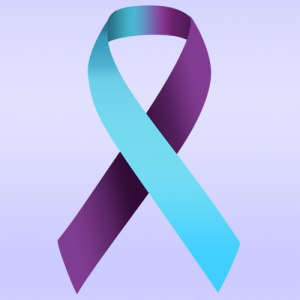Erica Overshiner, MSW, LCSW, Clinical Director at Aspire Behavioral Health Hospital
Most likely you or someone you know has been impacted by suicide. I have heard many patients say they feel as though they have been burdening their families or loved ones for years with their difficulties, including mental illness. Often, that individual cannot see how their leaving this world by suicide would impact and devastate their loved ones. If a person tries or commits suicide they are often thinking death is the ONLY or BEST way out. Desperation flows from an individual who feels there are no choices left. When talking with individuals about their suicidal thoughts or attempts, I often ask them, “Do you really want to die, or find relief from what you are struggling with”. Nine times out of ten, he or she wants relief. Relief from mental illness, financial stressors, familial/relationship conflict and the list goes on and on. So how does one know if a loved one is contemplating suicide? Fortunately, there are signs and behaviors that can set off red flags to be aware of.
Generally speaking, one should become concerned when they see a loved one’s behaviors changing dramatically. This could be the result of something traumatic happening, or an exacerbation of a mental illness. Some signs include, but are not limited to: giving all their belongings away, isolating oneself, talking about being a burden, increased use of alcohol or drugs, increased talk of death, and mood changes.
If you or someone you know is struggling with suicidal thoughts, talk to your doctor, a therapist, a trusted family member or friend, call a suicide prevention hotline, go to your local ER or psychiatric facility, or call 911. Help is out there!

